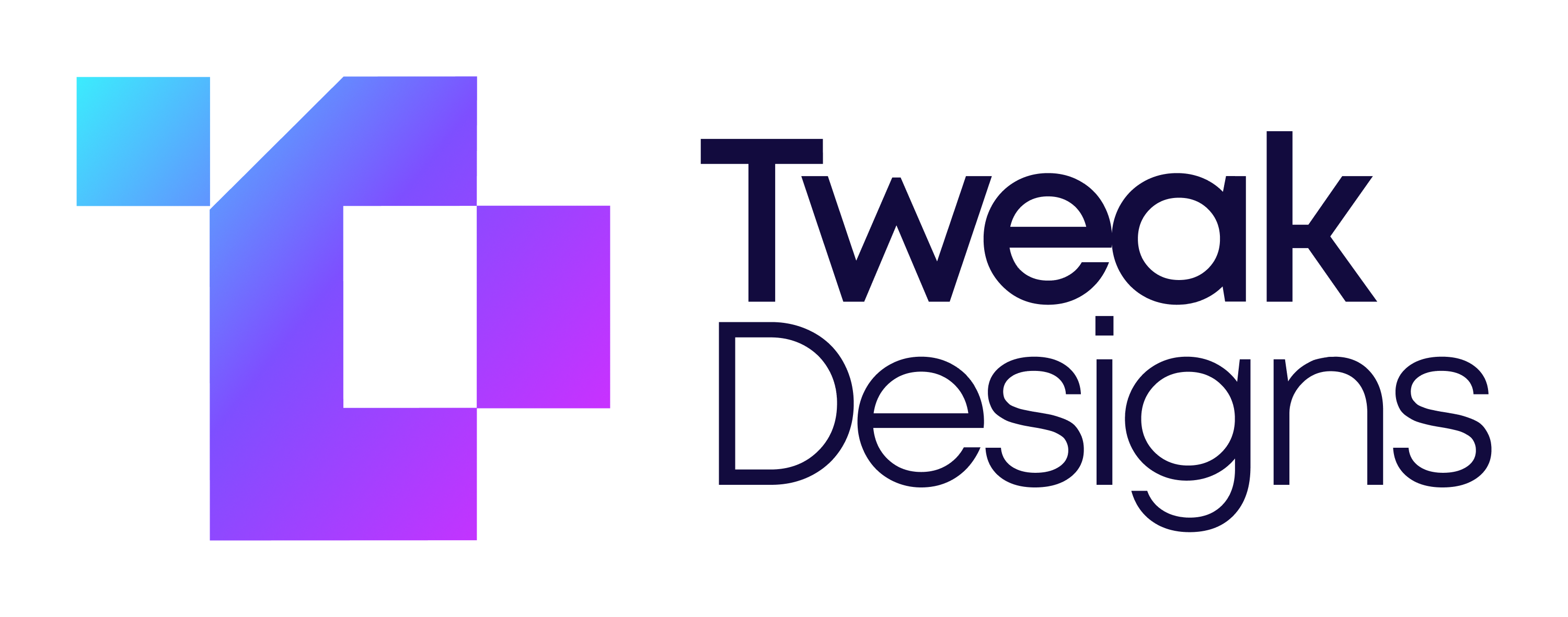7 Ways to Increase Your Webflow Website Page Speed and Performance
Ashok Chavada
SEO
Apr 10, 2023
Boost your Webflow website page loading speed without coding knowledge! Discover seven easy tricks to make sure your audience isn't waiting too long for a response.

Have you noticed that your website takes too long to load? Don't worry — improving website page speed and performance can be easy and doesn't require any coding knowledge. Here are seven simple tricks you can use to increase the speed of your Webflow website and ensure a better user experience for your visitors.
Here are the seven tips you can implement in your Webflow website to speed it up:
Use a content distribution network (CDN)
Minimize HTTP Requests
Utilize Caching
Optimize Images
Minify CSS, JavaScript and HTML
Image Lazy Loading
Remove render-blocking JavaScript
So let's discuss all of the above tips in detail.
Use a content distribution network (CDN)
Using a CDN to deliver your content gives you several important advantages. First, it increases your website performance by loading content from servers closer to the person viewing it. This results in faster page loading times and better user experience.
Additionally, it can help reduce bandwidth costs, enhance security and protect against malicious attacks and DDoS attempts, and provide additional layers of caching which can help improve server performance.
Minimize HTTP Requests
Another way to speed up loading times is to minimize HTTP requests. HTTP requests are the number of files and other content that must be requested from a server when someone visits your website.
When there are too many requests, it can significantly increase load times.
To reduce the number of requests, merge and minify JavaScript, HTML, and CSS files as this will make them smaller in size and faster to download.
Utilize Caching
Caching reduces the amount of data that needs to be loaded each time someone visits your website.
By having certain elements of your website stored in a browser's cache, those resources can be quickly accessed without having to re-download them for each visit.
By using caching, you can drastically improve loading speed and reduce loading times for returning visitors.
Optimize Images
Another easy way to improve speed and performance is to optimize the images on your website. Images can be optimized with specialized software, allowing them to be properly compressed for web use without sacrificing quality.
Additionally, you should also use the appropriate image formats for different types of images.
For example, instead of using JPEG for a simple logo or icon, opt for a more lightweight format such as SVG or WebP. This will further reduce page load times and make sure that visitors have an ideal experience when visiting your site.
Use this free app to convert your JPEG, PNG into Webp format with high optimization https://squoosh.app/
Minify CSS, JavaScript and HTML
Minification of resources such as CSS, HTML and JavaScript reduces the amount of data transferred between your server and the browser, thus reducing loading times. Essentially, minification involves removing any unnecessary characters in code (such as whitespace) while still preserving the functionality of the code.
This process can be done manually by an experienced developer or you can use automated tools to do it for you quickly and easily. In our case, we can easily enable code minification in Webflow.
Follow below steps to minify your CSS and HTML files on Webflow:
Step 1: Go to your project settings and select Publishing tab from the secondary menu.
Step 2: Scroll down until you see Advanced Publishing Options section as per the below image and enable all HTML, CSS and JS buttons.

Image Lazy Loading
Image lazy loading can improve SEO by allowing search engine crawlers to quickly scan your website and all its content. Search engine crawlers can recognize the improved content visibility due to image lazy loading, resulting in a faster crawling process, better search engine rankings, and higher visibility for your website.
Additionally, it provides a better user experience since images are not immediately loaded but only when visible in a user's viewport.
This makes browsing your website more efficient as users don’t need to wait for images to load before looking at other parts of the page.
Remove render-blocking JavaScript
The first step in removing render-blocking JavaScript from your website is to identify any unnecessary scripts. To do this, use a tool like Google PageSpeed Insights to analyze the performance of your page and identify areas of improvement.
As you review the results, pay special attention to any render-blocking scripts that are slowing down your page. These should be removed or optimized for better performance.



